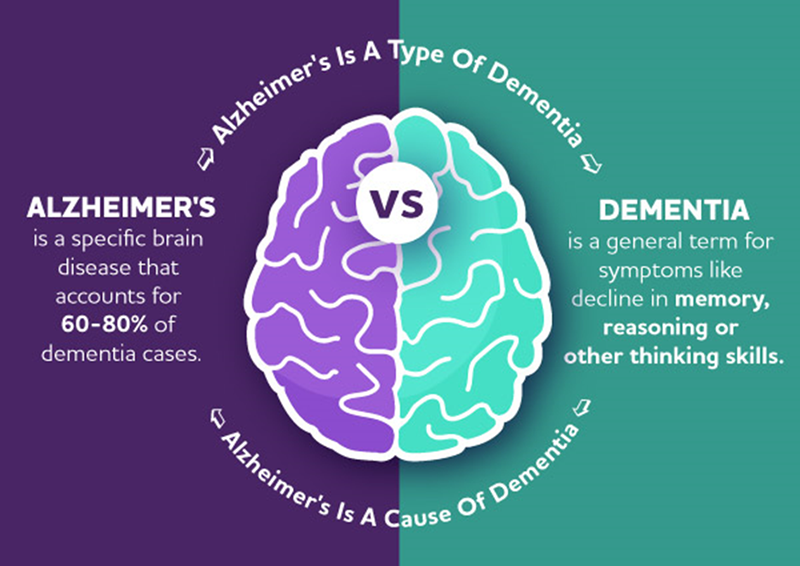Unraveling the Mysteries of Alzheimer's
Understanding, Coping, and Finding Hope
Alzheimer's disease is a formidable adversary, affecting millions of people worldwide and presenting complex challenges for patients, families, and researchers alike. Named after Dr. Alois Alzheimer, who first described the condition over a century ago, this neurodegenerative disorder is characterized by a gradual decline in cognitive function, affecting memory, reasoning, and overall daily functioning. In this blog, we will delve into the world of Alzheimer's disease, discussing its causes, symptoms, diagnosis, and potential treatments, while emphasizing the importance of hope and resilience in the face of this challenging condition.
Understanding Alzheimer's Disease
1. Causes and Risk Factors
Alzheimer's disease is believed to result from a combination of genetic, environmental, and lifestyle factors. While the exact cause remains uncertain, several risk factors have been identified:
2. Recognizing the Symptoms
Early detection of Alzheimer's disease is crucial for effective management. Common symptoms include:
Diagnosis and Treatment
1. Seeking Medical Advice
If you or a loved one suspect Alzheimer's disease, it's important to consult a healthcare professional. Diagnosis often involves a thorough medical history, physical and neurological exams, and cognitive assessments. Brain imaging, such as MRI or PET scans, can help rule out other potential causes of cognitive decline.
2. Living with Alzheimer's
While there is currently no cure for Alzheimer's disease, various strategies can help manage the condition and improve the quality of life for those affected. These include:
If you are looking for support for yourself or a loved one, we have caregivers at Care at Home by ExquisiCare available. If you are in need of long-term care, ExquisiCare is a provider of residential, long term care accommodations and care for the elderly.
Resources for those with Alzheimer’s, or who have loved ones with Alzheimer’s, can be found here: https://alzheimer.ca/ab/en
Research and Hope
Research into Alzheimer's disease is ongoing, with scientists exploring new treatment approaches and potential breakthroughs. Promising areas of research include:
You can also read more about research iniatives through the Alzheimer’s Society here: https://alzheimer.ca/ab/en/research/dementia-research-alberta
Conclusion
Alzheimer's disease is a complex and challenging condition, affecting millions of individuals and their families. Understanding the causes, recognizing the symptoms, and seeking early diagnosis are crucial steps in managing the disease. While a cure remains elusive, hope can be found in the ongoing research and the remarkable resilience of those living with Alzheimer's. By raising awareness, providing support, and promoting scientific advancements, we can continue to unravel the mysteries of Alzheimer's and work towards a brighter future for all those affected by this condition.


